

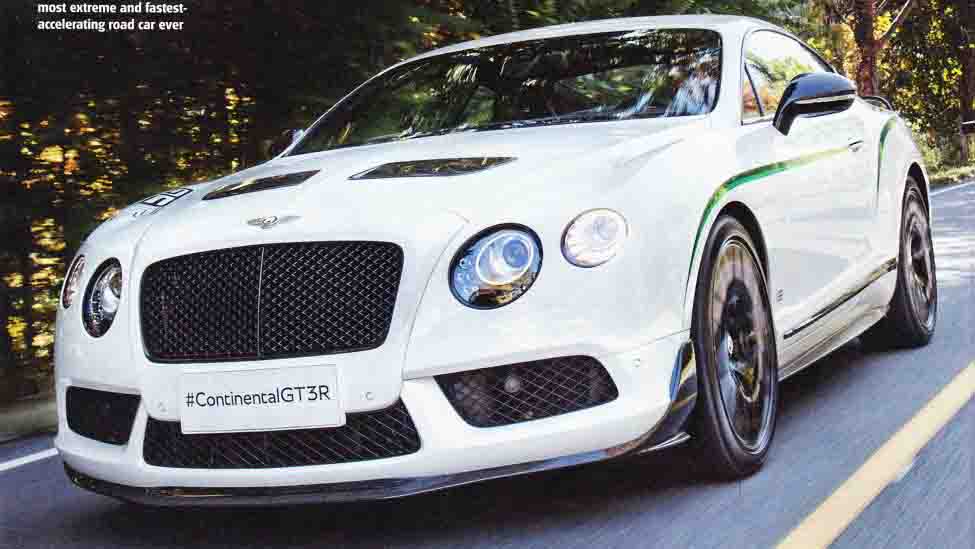
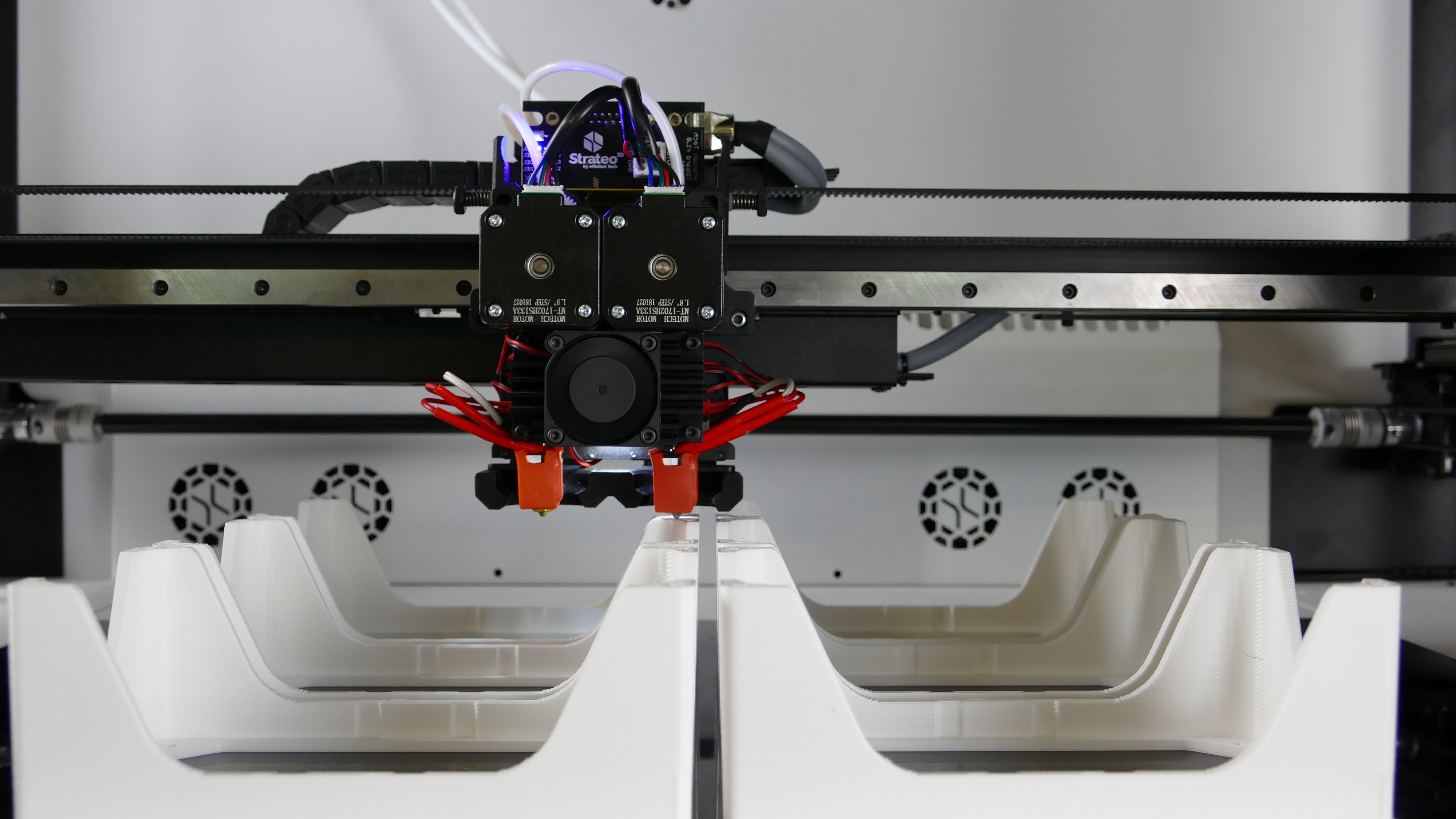




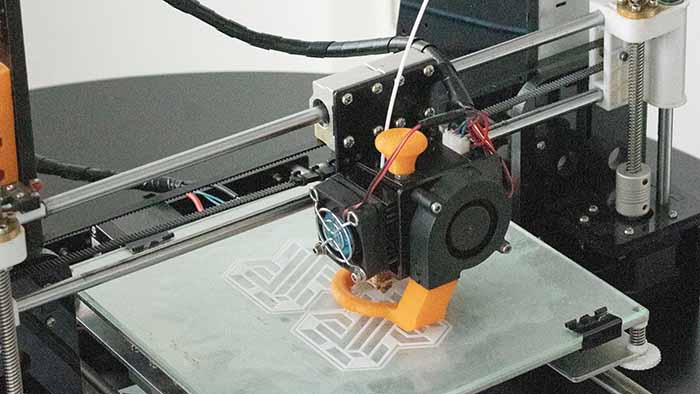

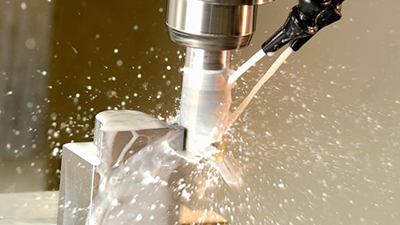
Staying safe on the road is a big deal. Apart from the driver's condition, the car's condition also plays a major role in ensuring safety while driving. Mastars has been deeply involved in the automotive industry since the beginning, constantly improving our product technology for over two decades. Mastars provides manufacturing services to top car manufacturers like Jaguar Land Rover, BMW, and Aston Martin. This includes automotive molds,injection molding, spraying, silk-screening, assembly, and more.
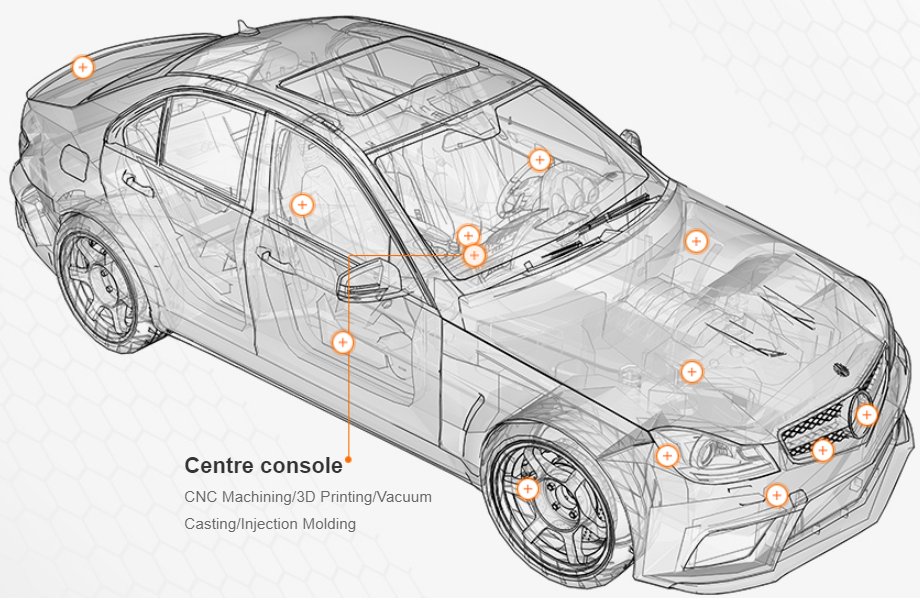
Now in any of the 27 countries of the European Union, speeding can trigger a warning on a vehicle. From July this year, new cars sold in the EU will have to be fitted with a speed warning device that alerts the driver if he or she exceeds the posted speed limit. Such devices must include audible or tactile speed warnings. The European Commission allows car manufacturers to augment these devices with active accelerator pedals (which can apply counter-pressure) or speed governors (which can limit the speed to the legal speed limit). Drivers can override or deactivate these warnings, but these devices must be active by default at start-up.
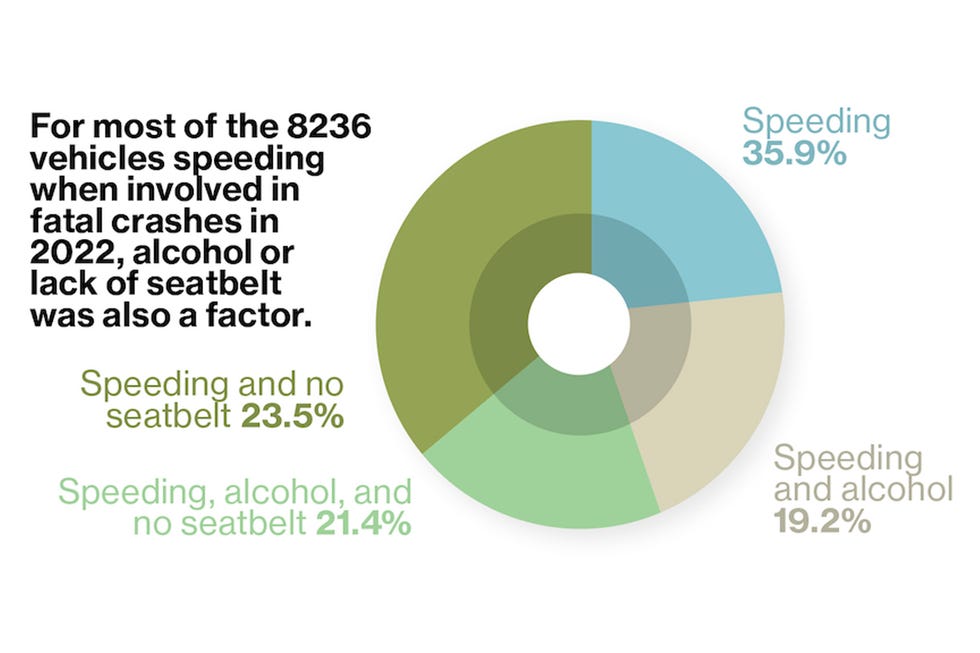 CHART SOURCE: NHTSA
CHART SOURCE: NHTSA
California is considering a bill, SB 961, would make in-car speed warning systems standard in most cars equipped with GPS or front-facing cameras by 2030. The bill requires visual and audible warnings if the vehicle exceeds 10 mph, but also allows drivers to disable the systems. Supporters argue that this technology could save lives. In 2022, 18 percent of passenger-vehicle drivers involved in fatal crashes in the U.S. were speeding, according to NHTSA. However, some safety advocates doubt its effectiveness. Graziella Jost of the European Transport Safety Council believes the minimum requirements of the EU and California don't go far enough.
During testing, drivers found the audible warnings annoying and often turned them off. Camera-based sign recognition technology has issues with obscured and complex speed limit signs. Ultimately, EU regulations and California's proposed bill may just annoy drivers without effectively preventing speeding.